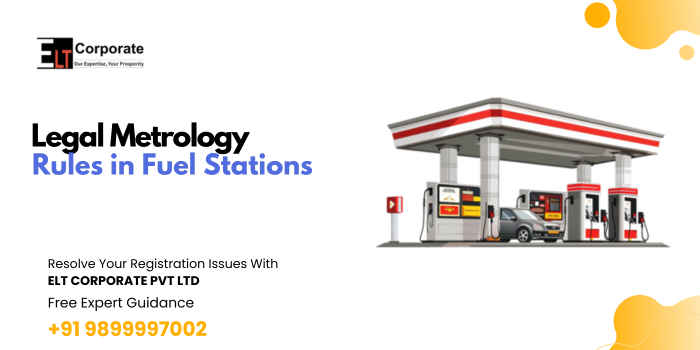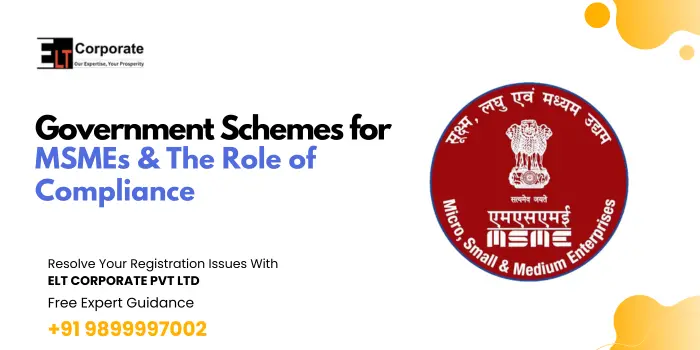The enforcement of Legal Metrology Rules in fuel stations plays a crucial role in ensuring that consumers receive the correct quantity of petrol, diesel, and other fuels they pay for. Legal Metrology focuses on maintaining accuracy in measurements, ensuring fair trade practices, and protecting consumer rights.
In Gujarat, the Legal Metrology Department has taken significant steps to check compliance, detect tampering, and penalize fuel stations violating the standards. This article explores how the enforcement process works, what violations were found, and how these actions promote accountability in the fuel retail sector.
What Is Legal Metrology and Its Role in Fuel Stations?
Legal Metrology rules in fuel stations refers to the branch of law that ensures the accuracy of weights and measures used in trade and commerce.
At fuel stations, the Legal Metrology Department ensures that:
- Fuel dispensing units measure petrol and diesel correctly.
- Tampering or manipulation in electronic meters is prevented.
- Consumers are not cheated through short delivery or faulty equipment.
- Regular verification and stamping of fuel dispensers are done as per the Legal Metrology (General) Rules, 2011.
This ensures transparency between buyers and sellers and promotes public trust in the fuel retail system.
Why Enforcement of Legal Metrology Rules Is Important in Fuel Stations?
Strict enforcement ensures:
- Consumer Protection: Prevents consumers from being cheated by the short delivery of fuel.
- Fair Trade Practices: Ensures fuel retailers follow uniform measurement standards.
- Prevention of Fraud: Helps identify technical manipulation like “chip tampering.”
- National Revenue Security: Reduces tax losses due to under-measured sales.
- Public Trust: Builds confidence among customers regarding the fairness of transactions.
How Enforcement of Legal Metrology Rules Works in Gujarat?
The Legal Metrology rules in Fuel Stations Department of Gujarat conducts:
- Regular inspections at petrol pumps.
- Surprise raids to check for tampering or calibration issues.
- Verification and stamping of dispensers at regular intervals.
- Penalties or license suspension for stations found violating the rules.
Steps Followed During Enforcement:
- Inspection Notice: Officers visit stations, sometimes unannounced.
- Testing Equipment: They check dispensing nozzles using standard measuring cans.
- Meter Verification: Electronic meters are inspected for hidden chips or modified software.
- Record Checking: Logs of calibration and servicing are reviewed.
- Issuing Penalty: If irregularities are found, the station faces penalties, sealing, or prosecution under the Legal Metrology Act, 2009.
Case Studies from Gujarat
Case Study 1: Detection of Chip Tampering in Ahmedabad
In 2023, the Legal Metrology Department in Ahmedabad found multiple petrol pumps using tampered microchips in fuel dispensers to deliver less fuel than displayed.
- The chips were reducing delivery by 50–60 ml per litre.
- The department sealed the machines and filed legal cases against the owners.
- The investigation revealed collusion between station owners and equipment technicians.
Impact: Consumers were saved from significant financial losses, and strict monitoring measures were implemented across the region.
Case Study 2: Surprise Inspection Drives in Surat
In Surat, a series of surprise inspections were conducted in 2022–2023 after complaints from customers.
- Out of 45 petrol pumps inspected, 7 were found delivering less fuel.
- Violating stations faced penalties under Section 36 of the Legal Metrology Act, 2009.
- Authorities also initiated awareness programs for pump operators.
Impact: Improved compliance levels and reduced consumer complaints in following months.
Penalties for Violation of Legal Metrology Rules
Violations are punishable under the Legal Metrology Act, 2009 and related rules.
Common penalties include:
- Short Delivery of Fuel: Fine up to ₹25,000 for first offence.
- Tampering with Seals or Chips: Prosecution and potential license suspension.
- Non-Verification of Equipment: Fine up to ₹10,000.
- Repeated Offences: May lead to imprisonment or closure of the station.
The department also maintains public transparency by publishing names of violators online.
How does Enforcement Benefits Consumers and Businesses?
For Consumers:
- Ensures every litre purchased is accurate.
- Builds confidence in pricing and fairness.
- Provides a platform to report grievances through consumer helplines.
For Businesses:
- Ensures credibility and consumer trust.
- Helps maintain long-term customer relationships.
- Prevents future penalties through compliance.
- Encourages ethical trade practices.
Conclusion
The enforcement of Legal Metrology Rules in fuel stations demonstrates how strong regulatory actions can protect consumers and promote fairness in trade. Through strict inspections, penalties, and public awareness, Gujarat has become an example of how Legal Metrology ensures transparency and accountability in fuel measurement systems.
For consumers and businesses alike, compliance is not just a legal duty but a step toward ethical trade and consumer satisfaction.
What is the Role of the Legal Metrology Rules in Fuel Stations Department?
It ensures accurate fuel delivery, verifies dispensing machines, and prevents tampering or short measurements.
What Happens if a Petrol Pump Violates Legal Metrology Rules?
The dispenser can be sealed, heavy fines imposed, and the license suspended or cancelled for repeated offences.







